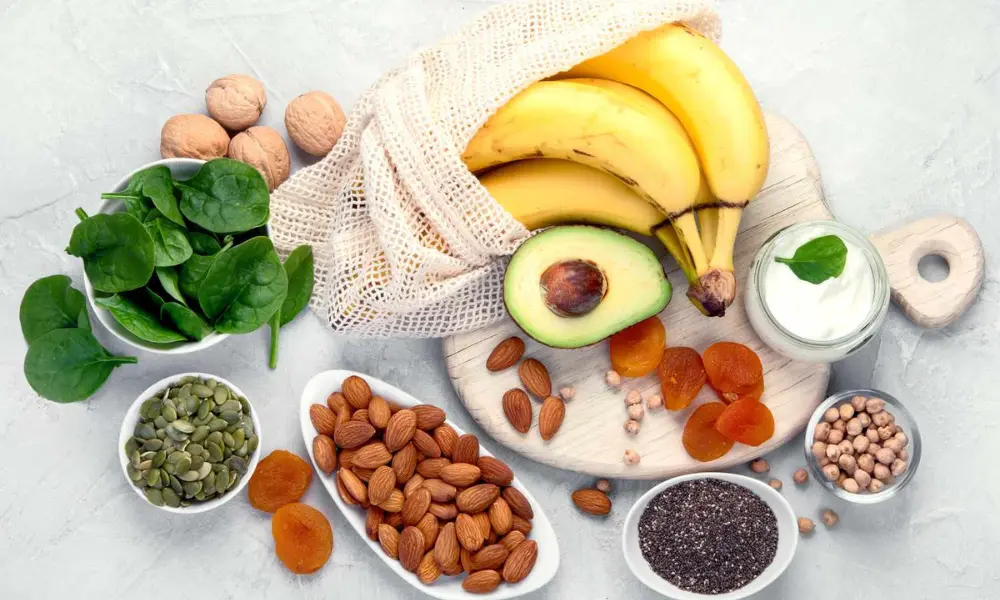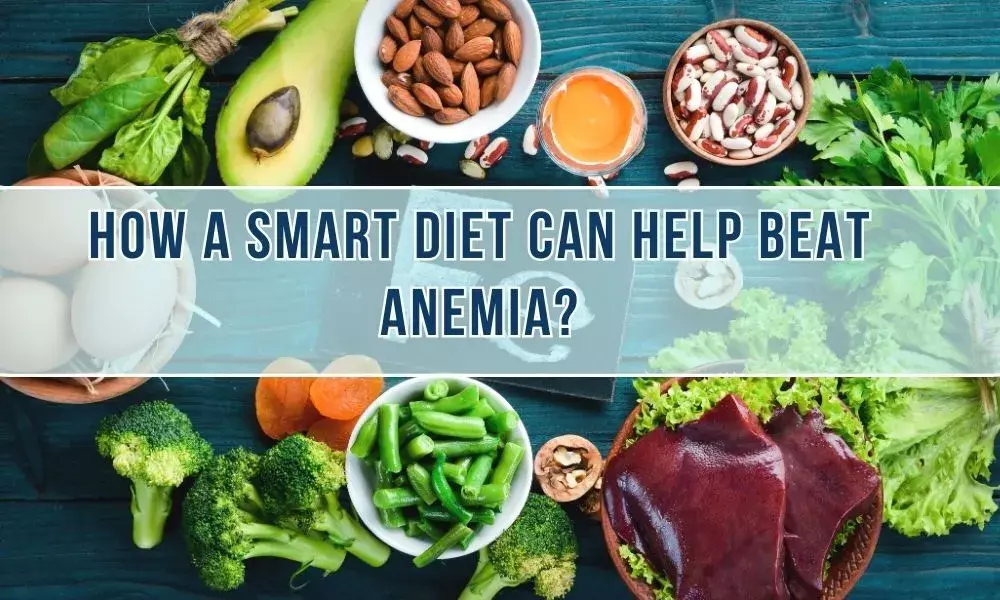Potassium is an essential mineral that is crucial in maintaining various bodily functions. Here are eight potassium-rich foods and the reasons why our body needs potassium. Read on to find out.
Table of Contents:
- Why is potassium essential?
- Signs of potassium deficiency
- How to treat Potassium Deficiency?
- Dietary Sources of Potassium
Why is potassium essential?
Potassium is an electrolyte vital in maintaining proper heart rhythm, supporting muscle contractions, and facilitating nerve transmission. Adequate potassium intake is crucial for regulating blood pressure by counteracting the effects of sodium. This essential mineral also helps maintain a healthy fluid balance within cells and tissues.
Signs of potassium deficiency
- weakness and fatigue
- muscle cramps
- muscle aches and stiffness
- tingles and numbness
- heart palpitations
- breathing difficulties
- digestive symptoms
- changes in blood pressure
How to treat Potassium Deficiency?
- Include foods rich in potassium to daily diet.
- Taking potassium supplements.
- Stop any medications that can result in low levels of potassium.
Dietary Sources of Potassium:
As potassium is not produced by the body, obtaining it from a diet rich in potassium-rich foods like bananas, sweet potatoes, spinach, and avocados is essential for boosting cardiovascular Health, nerve function, and muscle activity, ensuring the body operates efficiently and effectively. Here are some common foods that are loaded with potassium.
Bananas
Bananas are a well-known source of potassium. A sufficient quantity of this mineral is essential for maintaining proper heart function, supporting muscle contractions, and balancing fluid levels.
Avocado
Avocados are generally rich in potassium and healthy fats. Potassium helps regulate heart rhythm, supports muscle contractions, and helps maintain healthy blood pressure.
Spinach
Dark leafy green vegetables like spinach are rich in potassium, contributing to healthy blood pressure, proper muscle function, and nerve transmission. It also supports the balance of fluids in and out of cells.
Oranges
Oranges and other citrus fruits are good potassium sources, essential for maintaining the body’s fluid balance, supporting nerve signals, and promoting proper muscle function.
Salmon
Salmon is an excellent source of potassium and omega-3 fatty acids. Eating salmon can help maintain proper heart function and balance sodium levels in the body.
Beans
Beans, particularly kidney beans, are potassium-rich and contribute to various bodily functions, including muscle and nerve activity, fluid balance, and blood pressure regulation.
Potatoes
When consumed with the skin, potatoes provide potassium. This mineral supports nerve function and muscle contractions and hence helps in maintaining a healthy fluid balance in cells.
Sweet Potatoes
Sweet potatoes provide potassium and other essential nutrients. Potassium helps regulate blood pressure, improve nerve function, and aid muscle contractions.
After understanding the incredible health benefits of potassium, one must not miss adding potassium-rich foods to one’s daily diet, as this can help improve one’s Health substantially. CLICK HERE to learn the exact way to incorporate potassium into our diet. It is highly advisable to incorporate good source of potassium in our diet, as this can help us achieve a good health.
FAQ on Potassium-rich foods
Is one banana a day enough potassium?
A banana a day would be enough to meet your potassium requirements.
Are eggs high good source of potassium?
One large egg generally contains about 63 mg of potassium. However, eggs are considered a low-potassium food but one must check with dietitian to determine how often to eat them.
Is lemon high in potassium?
Lemons are an excellent source of potassium, containing 138 mg of potassium per 100 grams.
Is milk high in potassium?
Dairy. Though fruits and vegetables are the best food sources of potassium, but dairy products can also add minerals to our diet. A cup of whole milk generally has more than 370 mg of potassium. And the same amount of non-fat milk contains more than 400 mg of potassium.





